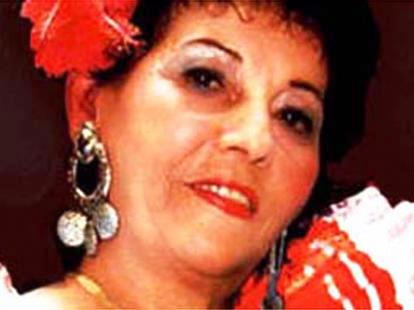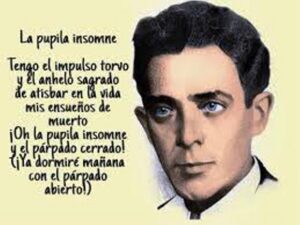Tribute to Celina González at the event Yo soy el punto cubano (I am the Cuban point).

CREATOR: gd-jpeg v1.0 (using IJG JPEG v62), quality = 75
Over the years Celina became one of the most recognized voices on the island in the musical field, whose work stood out for the link between country roots and the influence of African religions.


The provincial event I am the Cuban point, to be held on the 16th of this month, the anniversary of her birth, is dedicated to an emblem of the national culture, to the pride of Matanzas, Celina Gonzalez.
The program, which will take place on March 16th in Jovellanos, includes the awarding of two contests, one of tenths and another of painting, the participation of poets and a big party with traditional dishes, handicrafts, performances by amateur artists and the José Martí Brigade, plus the selection by the ANAP of the Birama Flower. Finally, there will be a visit to the village where the Queen of Peasant Music was born, culminating in a big party in her honor.
Celina González Zamora was born in 1929 in the village of La Luisa, Jovellanos, and at the age of four she moved with her family to the province of Santiago de Cuba. Her house always had a kind of guateque or cheerful canturia; her parents sang country tunes and two of her brothers played the tres and the lute.
Over the years Celina became one of the most recognized voices on the island in the musical field, whose work stood out for the link between peasant roots and the influence of African religions. She is considered an exceptional singer-songwriter because of her extraordinary cubanism.
In the mid 40’s of the last century she met the guantanamero Reutilio Domínguez Terrero, a spectacular and remarkable guitarist, second voice. In 1947 the famous duo of Celina and Reutilio was born. When they were performing in the program Atalaya Campesina, of the radio station Cadena Oriental de Radio, of Santiago de Cuba, they were discovered and taken to Havana by the already famous composer of guarachas and also oriental Ñico Saquito.
Since they arrived in the capital, their peculiar authentic guajiro timbre and their beautiful compositions attracted the most diverse audiences until they became champions of peasant music.
Written by María Elena Bayón Mayor.




